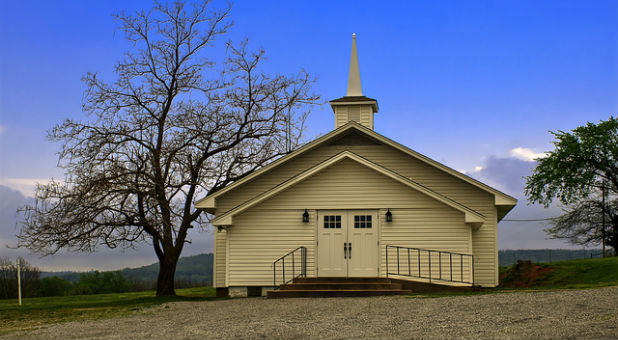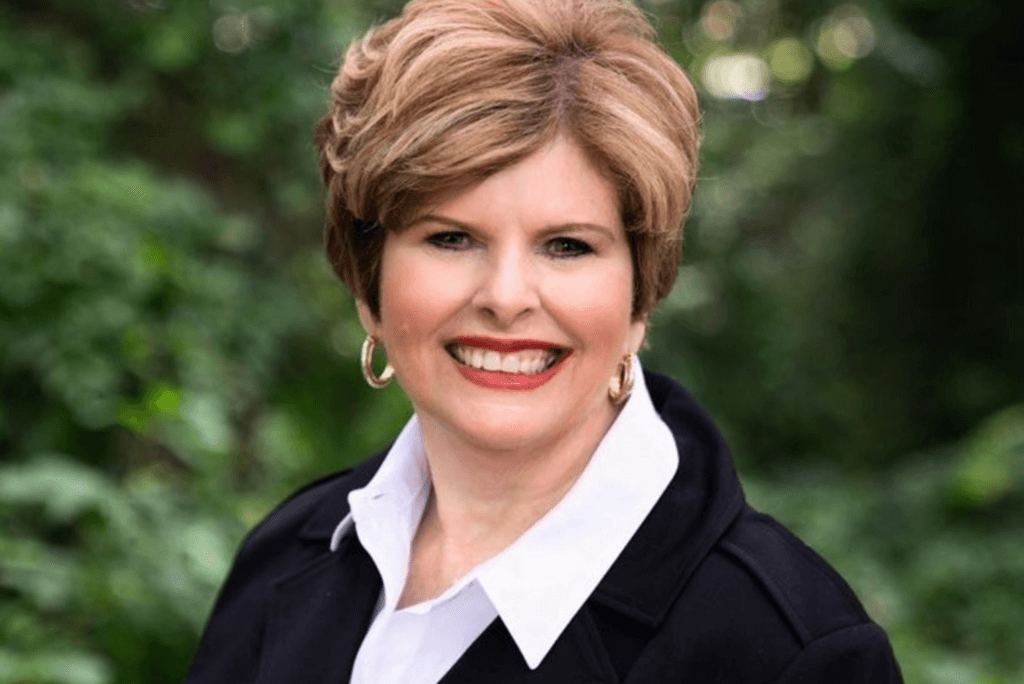Concerns about same-sex marriage, religious freedom and the rise of post-Christian beliefs top the top 10 trends in the Christian community for 2015, according to Barna Research.
“2015 was a year of increasing anxiety among people of faith,” the Barna study reads.
The trends capitalize on the changing Christian landscape of the United States, according to Pew Research.
“To be sure, the United States remains home to more Christians than any other country in the world, and a large majority of Americans—roughly 7 in 10—continue to identify with some branch of the Christian faith,” the study reads.
“But the major new survey of more than 35,000 Americans by the Pew Research Center finds that the percentage of adults (ages 18 and older) who describe themselves as Christians has dropped by nearly eight percentage points in just seven years.”
The Pew study was released just a month before the Supreme Court struck down states’ bans on gay marriage, a move that divided many in the faith community.
“Still, it’s interesting that many Christians, including evangelicals, are coming to the conclusion that it’s possible to support legal same-sex marriage and also affirm the church’s traditional definition of marriage. Many Christians are attempting to negotiate the new normal on this,” Barna President David Kinnaman said at the time.
The ripple effects of the SCOTUS marriage equality decision led to Americans’ concern over their own religious freedoms.
Barna reports 41 percent felt religious freedom in the U.S. worsened in the last 10 years. The survey says tension has grown due to secularization sweeping the nation.
Secularization pushes nonreligion as society progresses, promoting tolerance above Truth.
According to author Mary Eberstadt, the decline of traditional family is responsible for the lack of religion.
“[They are like] two spirals that when linked to one another can effectively reproduce, but whose strength and momentum depend on one another,” Eberstadt writes.
As faith wanes, it appears discord rises.
The fourth result of Barna’s trends shows most U.S. adults don’t agree on who Jesus was, other than that He existed.
“Fewer than half of millennials believe Jesus was God (48 percent), compared to 55 percent of Gen-Xers, 58 percent of Boomers and nearly two-thirds of Elders (62 percent),” the study reads. “Young adults among the youngest generation are also less likely than older Americans to say they have made a personal commitment to Christ. Just 46 percent say they have made such a commitment, compared with 6 in 10 Gen-Xers (59 percent), 65 percent of Boomers and 7 out of 10 Elders (71 percent).”
Millennials are also less likely to use “American” as part of their identity, with the trend of how Americans define themselves taking Barna’s fifth spot. However, faith and family terms are more incorporated when men and women seek their identities.
The faith and family issues are largely influencing what voters want in their future presidents: a man or woman who is willing to take a stand.
According to Barna, 71 percent consider the economy to be the top issue in the upcoming election, but among evangelical circles, religious liberty and abortion rank closely.
This, which Barna ranks as the No. 6 trend in the community, will play out more as primaries approach.
No. 7-9 deal with the growth of the modern church: 60 percent of pastors feel their churches are not discipling “too well”; the decline of Christianity appears to have bred hostility against faith in Scotland; and women are disengaging from the church altogether, claiming lack of emotional support from their congregations.
Barna rounds out the top 10 with something they deem debatable: Most Americans plan to stay put, squelching the idea of the “American nomad.” Putting down roots reflects on the growing trend of going local.
“From food to clothing to breweries, locally owned and locally grown have become premium labels,” their study reads. “Whether it’s an objection to corporate franchising, a push for more local jobs or a desire to utilize local resources more sustainably, ‘going local’ stems from a real sense of attachment or belonging to place.”
See an error in this article?
To contact us or to submit an article






















